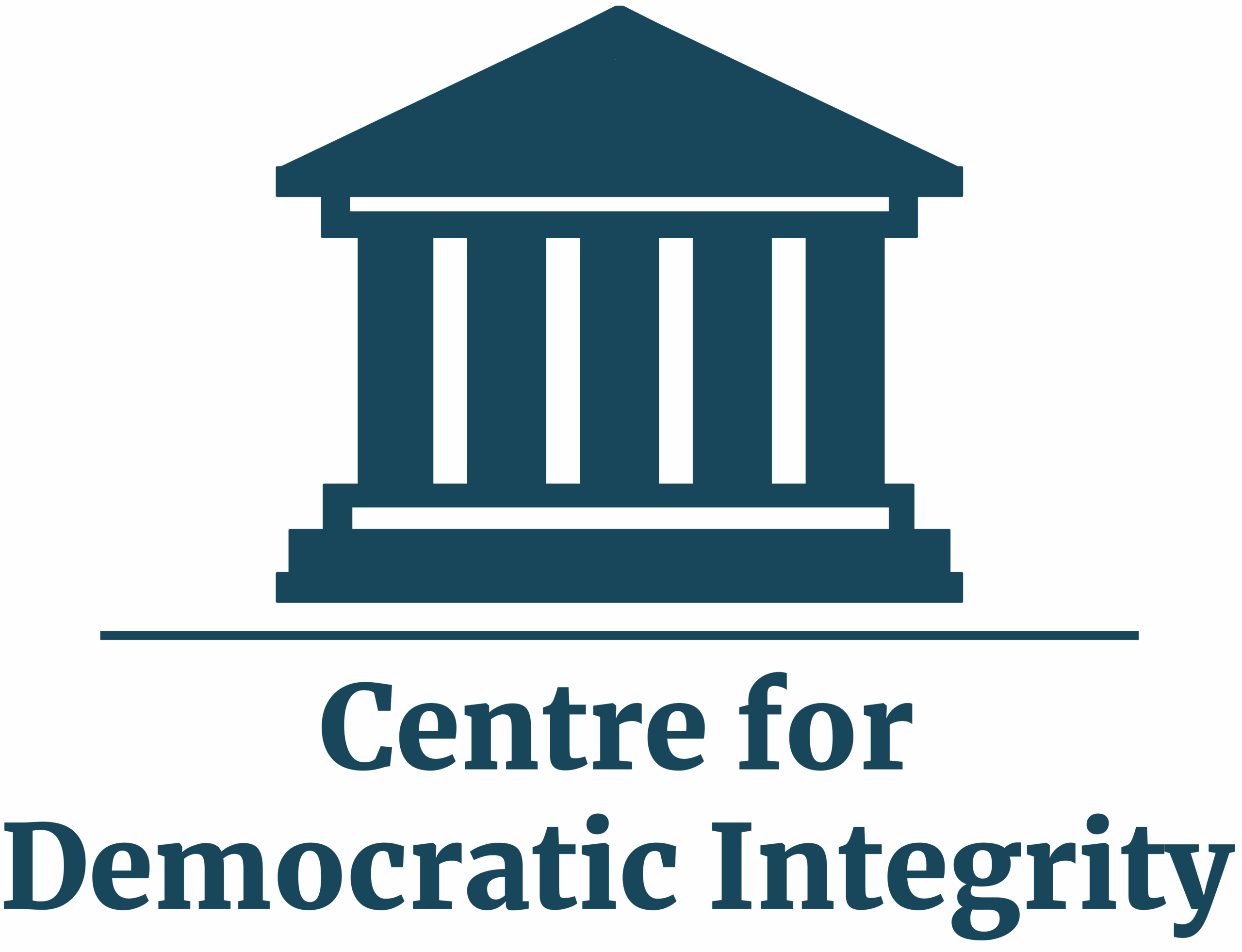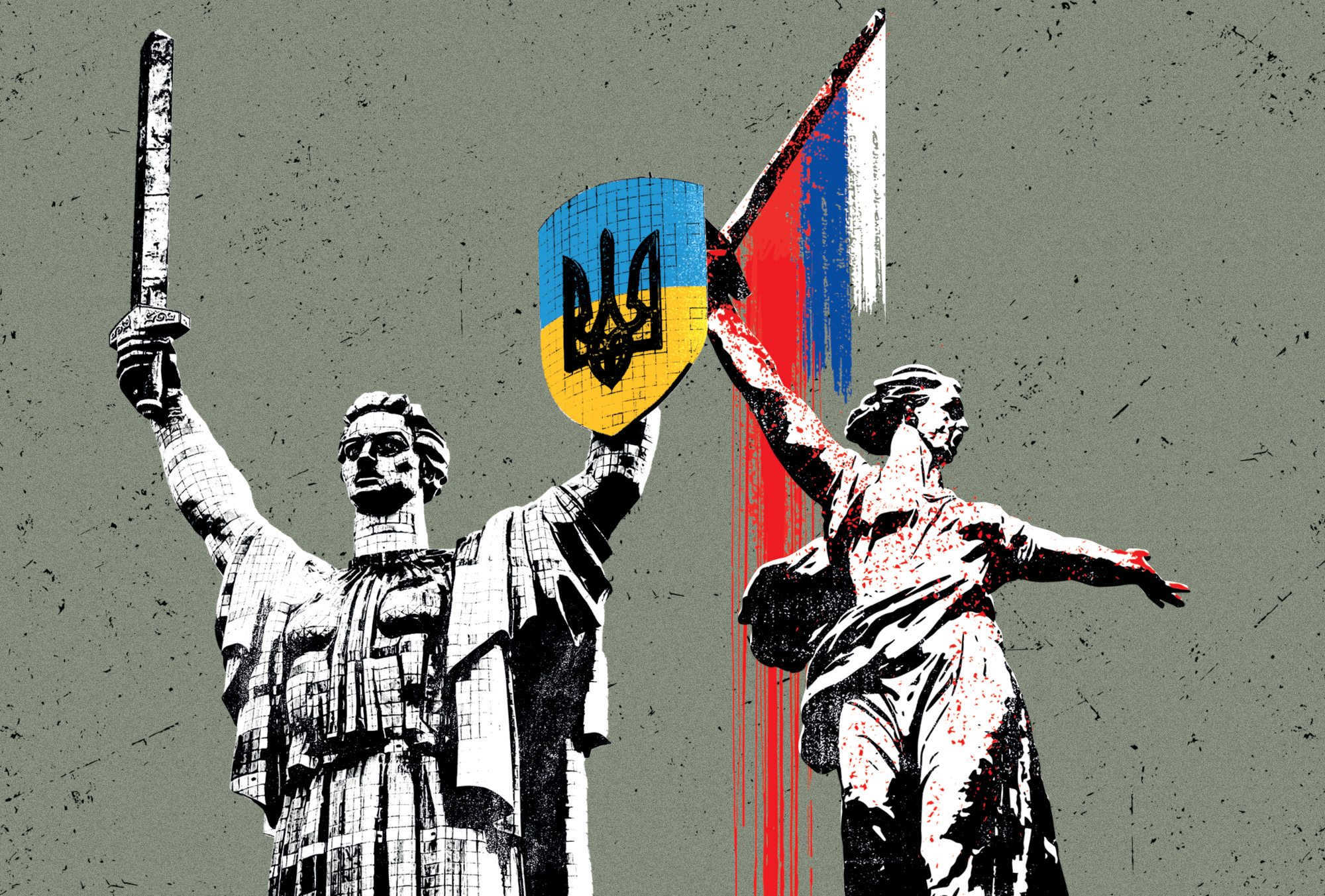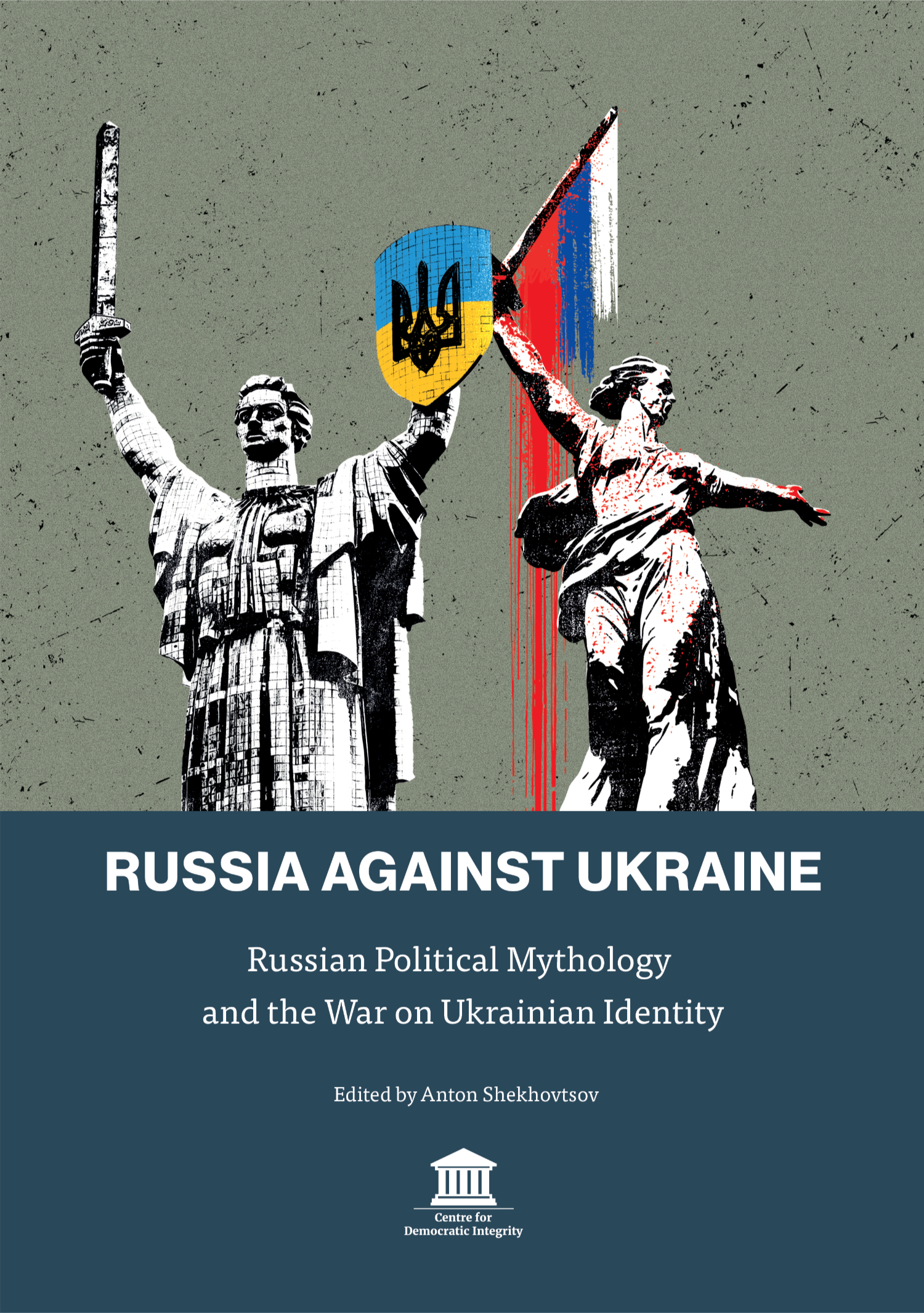RUSSIA AGAINST UKRAINE
Russian Political Mythology and the War on Ukrainian Identity
Edited by Anton Shekhovtsov

Russia’s political leadership – echoed by some external voices – often claims its invasion of Ukraine was driven by national security concerns over NATO expansion. However, this narrative does not withstand critical examination. When Russia occupied Crimea and parts of the Donbas in early 2014, Ukraine was a neutral state. Since gaining independence in 1991, Ukraine had maintained a non-aligned status, reaffirmed by a 2010 law.
Despite this neutrality, Russia violated numerous international agreements, including the UN Charter, the Helsinki Final Act, the Budapest Memorandum, and the 1997 Treaty on Friendship with Ukraine, which explicitly recognised Ukraine’s territorial integrity. Exploiting Ukraine’s non-membership in NATO, Moscow launched a war unseen in Europe since the Second World War.
Russia’s focus on NATO is not just misleading – it serves as a strategic distraction from its revisionist aims: challenging the post-Cold War order and dismantling Ukraine as a sovereign nation. Central to the latter is Ukrainophobia, a deeply rooted ideological hostility towards Ukraine, embedded in Russian geopolitical chauvinism.
The Centre for Democratic Integrity defines Ukrainophobia as an ideological framework encompassing a set of views, including stereotypes, prejudices, and beliefs, as well as public statements and actions that reflect negative attitudes towards Ukrainian people, Ukrainian culture, the Ukrainian state, and individuals identifying themselves as Ukrainians.
Commissioned by the Centre for Democratic Integrity, the volume Russia against Ukraine explores the socio-cultural foundations and political manifestations of contemporary anti-Ukrainian sentiment within the Russian state and society.
You can download the PDF of the publication here or read individual chapters linked below.
Chapters
Preface: The Deep Roots of Ukrainophobia, by Galia Ackerman
Ukrainophobic Imaginations of the Russian Siloviki: The Case of Nikolai Patrushev, 2014-2023, by Martin Kragh, Andreas Umland
Putinism against Ukraine: From Identification to Genocide, by Alexander Etkind
The Methodology of the “Russian World” as the Technological Foundation for Ukrainophobia, by Andrew Wilson
Sandarmokh, a Symbol of Russia’s Historical Responsibility for Colonial Violence against Ukraine, by Sergei Lebedev
Through the Russian Gaze: Perceptions of Ukraine and Ukrainians, by Alexey Levinson
Ukraine and Ukrainians in Russian Higher Education and Science, by Dmitry Dubrovskiy
Incitement to Genocide against Ukrainians in Russian Propaganda, by Andrey Kalikh, Yuri Dzhibladze
Between Apathy and Paranoia: Russian Diplomats, Conspiracy Theories, and Ukraine, by Boris Bondarev
Memory, Myth, and Militarisation: Russia’s War Propaganda and the Construction of Legitimised Violence in Ukraine, by Andreas Heinemann-Grüder
Putin’s Genocidal Quest for Symbolic Immortality, by Anton Shekhovtsov


